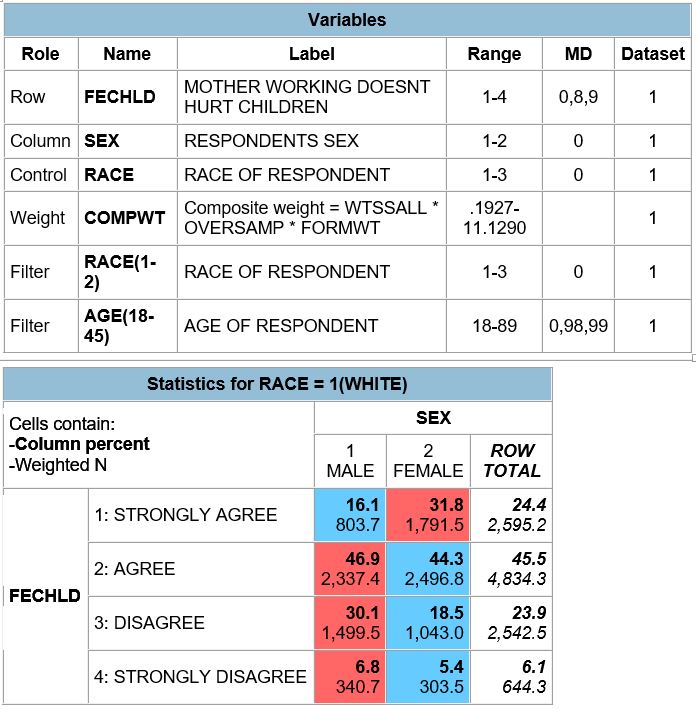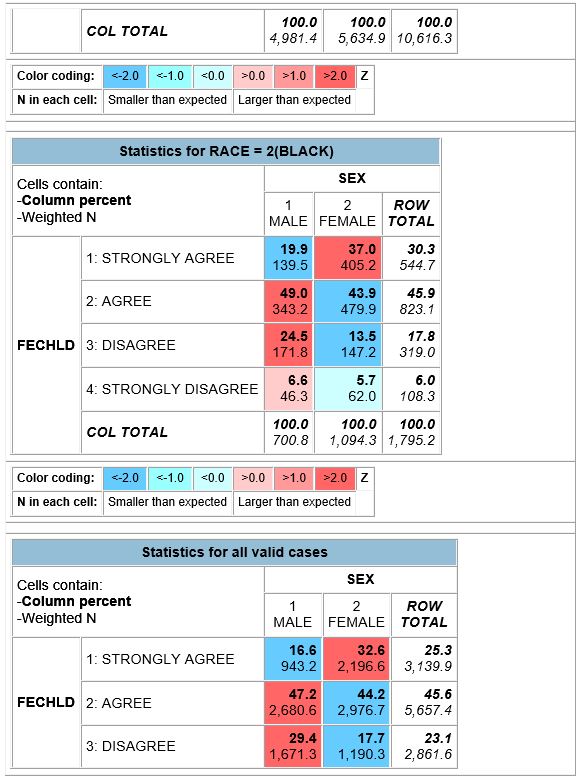 All papers examples
All papers examples
Disciplines

- MLA
- APA
- Master's
- Undergraduate
- High School
- PhD
- Harvard
- Biology
- Art
- Drama
- Movies
- Theatre
- Painting
- Music
- Architecture
- Dance
- Design
- History
- American History
- Asian History
- Literature
- Antique Literature
- American Literature
- Asian Literature
- Classic English Literature
- World Literature
- Creative Writing
- English
- Linguistics
- Law
- Criminal Justice
- Legal Issues
- Ethics
- Philosophy
- Religion
- Theology
- Anthropology
- Archaeology
- Economics
- Tourism
- Political Science
- World Affairs
- Psychology
- Sociology
- African-American Studies
- East European Studies
- Latin-American Studies
- Native-American Studies
- West European Studies
- Family and Consumer Science
- Social Issues
- Women and Gender Studies
- Social Work
- Natural Sciences
- Anatomy
- Zoology
- Ecology
- Chemistry
- Pharmacology
- Earth science
- Geography
- Geology
- Astronomy
- Physics
- Agriculture
- Agricultural Studies
- Computer Science
- Internet
- IT Management
- Web Design
- Mathematics
- Business
- Accounting
- Finance
- Investments
- Logistics
- Trade
- Management
- Marketing
- Engineering and Technology
- Engineering
- Technology
- Aeronautics
- Aviation
- Medicine and Health
- Alternative Medicine
- Healthcare
- Nursing
- Nutrition
- Communications and Media
- Advertising
- Communication Strategies
- Journalism
- Public Relations
- Education
- Educational Theories
- Pedagogy
- Teacher's Career
- Statistics
- Chicago/Turabian
- Nature
- Company Analysis
- Sport
- Paintings
- E-commerce
- Holocaust
- Education Theories
- Fashion
- Shakespeare
- Canadian Studies
- Science
- Food Safety
- Relation of Global Warming and Extreme Weather Condition
Paper Types

- Movie Review
- Essay
- Admission Essay
- Annotated Bibliography
- Application Essay
- Article Critique
- Article Review
- Article Writing
- Assessment
- Book Review
- Business Plan
- Business Proposal
- Capstone Project
- Case Study
- Coursework
- Cover Letter
- Creative Essay
- Dissertation
- Dissertation - Abstract
- Dissertation - Conclusion
- Dissertation - Discussion
- Dissertation - Hypothesis
- Dissertation - Introduction
- Dissertation - Literature
- Dissertation - Methodology
- Dissertation - Results
- GCSE Coursework
- Grant Proposal
- Admission Essay
- Annotated Bibliography
- Application Essay
- Article
- Article Critique
- Article Review
- Article Writing
- Assessment
- Book Review
- Business Plan
- Business Proposal
- Capstone Project
- Case Study
- Coursework
- Cover Letter
- Creative Essay
- Dissertation
- Dissertation - Abstract
- Dissertation - Conclusion
- Dissertation - Discussion
- Dissertation - Hypothesis
- Dissertation - Introduction
- Dissertation - Literature
- Dissertation - Methodology
- Dissertation - Results
- Essay
- GCSE Coursework
- Grant Proposal
- Interview
- Lab Report
- Literature Review
- Marketing Plan
- Math Problem
- Movie Analysis
- Movie Review
- Multiple Choice Quiz
- Online Quiz
- Outline
- Personal Statement
- Poem
- Power Point Presentation
- Power Point Presentation With Speaker Notes
- Questionnaire
- Quiz
- Reaction Paper
- Research Paper
- Research Proposal
- Resume
- Speech
- Statistics problem
- SWOT analysis
- Term Paper
- Thesis Paper
- Accounting
- Advertising
- Aeronautics
- African-American Studies
- Agricultural Studies
- Agriculture
- Alternative Medicine
- American History
- American Literature
- Anatomy
- Anthropology
- Antique Literature
- APA
- Archaeology
- Architecture
- Art
- Asian History
- Asian Literature
- Astronomy
- Aviation
- Biology
- Business
- Canadian Studies
- Chemistry
- Chicago/Turabian
- Classic English Literature
- Communication Strategies
- Communications and Media
- Company Analysis
- Computer Science
- Creative Writing
- Criminal Justice
- Dance
- Design
- Drama
- E-commerce
- Earth science
- East European Studies
- Ecology
- Economics
- Education
- Education Theories
- Educational Theories
- Engineering
- Engineering and Technology
- English
- Ethics
- Family and Consumer Science
- Fashion
- Finance
- Food Safety
- Geography
- Geology
- Harvard
- Healthcare
- High School
- History
- Holocaust
- Internet
- Investments
- IT Management
- Journalism
- Latin-American Studies
- Law
- Legal Issues
- Linguistics
- Literature
- Logistics
- Management
- Marketing
- Master's
- Mathematics
- Medicine and Health
- MLA
- Movies
- Music
- Native-American Studies
- Natural Sciences
- Nature
- Nursing
- Nutrition
- Painting
- Paintings
- Pedagogy
- Pharmacology
- PhD
- Philosophy
- Physics
- Political Science
- Psychology
- Public Relations
- Relation of Global Warming and Extreme Weather Condition
- Religion
- Science
- Shakespeare
- Social Issues
- Social Work
- Sociology
- Sport
- Statistics
- Teacher's Career
- Technology
- Theatre
- Theology
- Tourism
- Trade
- Undergraduate
- Web Design
- West European Studies
- Women and Gender Studies
- World Affairs
- World Literature
- Zoology
General Social Survey: Data Analysis, Research Paper Example
Hire a Writer for Custom Research Paper
Use 10% Off Discount: "custom10" in 1 Click 👇
You are free to use it as an inspiration or a source for your own work.




Under the data for “controversial social issues” I chose the variable Mother working doesn’t hurt children, listed under Working Mothers. Respondents were asked to respond to the statement, “A working mother can establish just as warm and secure a relationship with her children as a mother who does not work,” and their responses were recorded and classified according to race and gender. White and black males and females, age 18 – 45 were invited to participate in the survey. One of four responses was possible for each question: strongly agree, agree, disagree, and strongly disagree. Overall, females of both races (44.2%) were more likely to choose a response of “agree” over “disagree” (17.7%). Males (47.2%), as well, were more likely to choose a response of “agree” over one of “disagree” (29.4%). Females were more likely to strongly agree (32.6%) than males (16.6%) and males (6.8%) were slightly more likely to strongly disagree than females (5.4%). Among whites, females were more likely to strongly agree (31.8%) and white females were more likely than white males to agree with the statement. Black respondents were much more likely to agree (73%) than disagree with the statement that a working mother can establish just as warm and secure a relationship with her children as a nonworking mother can. Among black respondents, black females were much more likely to strongly agree (37%) than black males (19.9%). However, only slightly more black males strongly disagreed (6.6%) with the statement. Like whites, black males were less likely to strongly agree with the statement. Both white and black males were more likely to agree than disagree with the statement. Black women had the strongest response (37%) in favor of working mothers, while white males had the strongest response (31.1%) against the idea of working mothers keeping a strong relationship bond with their children. While more black male respondents agreed than disagreed with the statement, black males were more likely than black females (19.2%) to disagree. One of the most substantial race/gender differences noted here is the comparison between white respondents and black respondents, where the former are more likely to disagree that working mothers can have the same warm relationship bond with their children as nonworking mothers. Over half of all black males interviewed (68.9%) agreed with the statement, while only 63% of white males interviewed agreed with the statement. Similarly, 80.9% of black female respondents believed the statement to be true, while 76.1% of white female respondents agreed with the statement. Black women were more likely to strongly agree than were white women. Neither gender of either race were likely to strongly disagree. More white females (18.5%) disagreed with the statement than did black females (13.5%). The similarities among respondents choices are more prevalent than differences.
Instead of a clear gender difference between blacks and whites, this set of interviews uncovered surprising similarities in respondent’s choices. According to the color coding, no set identified how they were expected to. More so, black and white respondents varied from their expected responses in the same pattern. This may indicate a significant lapse of time between similar studies on this topic. That the estimated responses varied so significantly shows that the interviewing group based their expectations on inaccurate and out-of-touch data. Furthermore, that the responses were similar between races for both genders would indicate a blurring of some cultural differences between the races. The data suggests certain ideologies regarding the family unit, specifically the requirements for a mother’s warm and secure relationship with her children, must be similar between the two races. The higher percentage of men that disagreed with the statement suggests that the concept of a traditional household with the male as the sole breadwinner still holds weight in society. That fewer black males disagreed (31.1%) with the statement than white males (36.9%), could indicate that black males have adjusted to the idea of women in the workforce slightly better than their white counterparts. Perhaps the more matrilineal order of black households predisposes this transition. The surprising shift in respondents choices could also be an effect of males having a larger participatory role in their children’s lives.
Works Cited
Computer Assisted Survey Methods Program. SDA: Survey Documentation and Analysis. 13 March 2012. Website. 2012 March 22.

Stuck with your Research Paper?
Get in touch with one of our experts for instant help!

Time is precious
don’t waste it!
writing help!


Plagiarism-free
guarantee

Privacy
guarantee

Secure
checkout

Money back
guarantee

